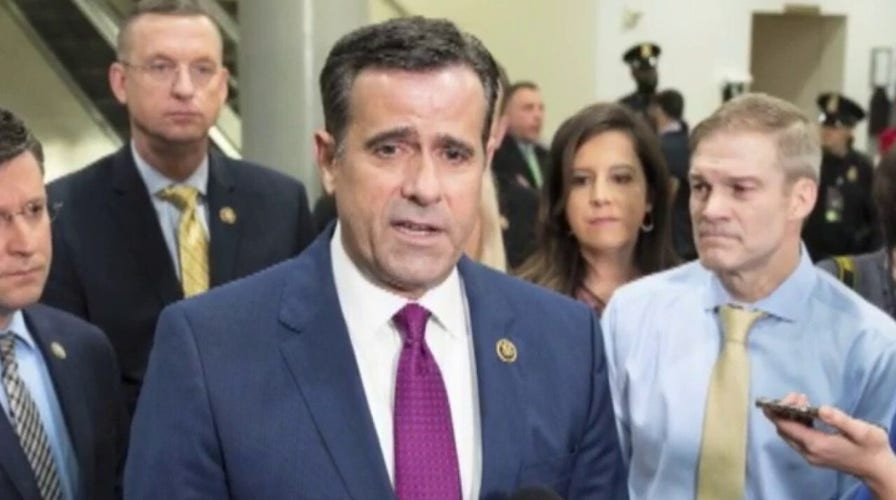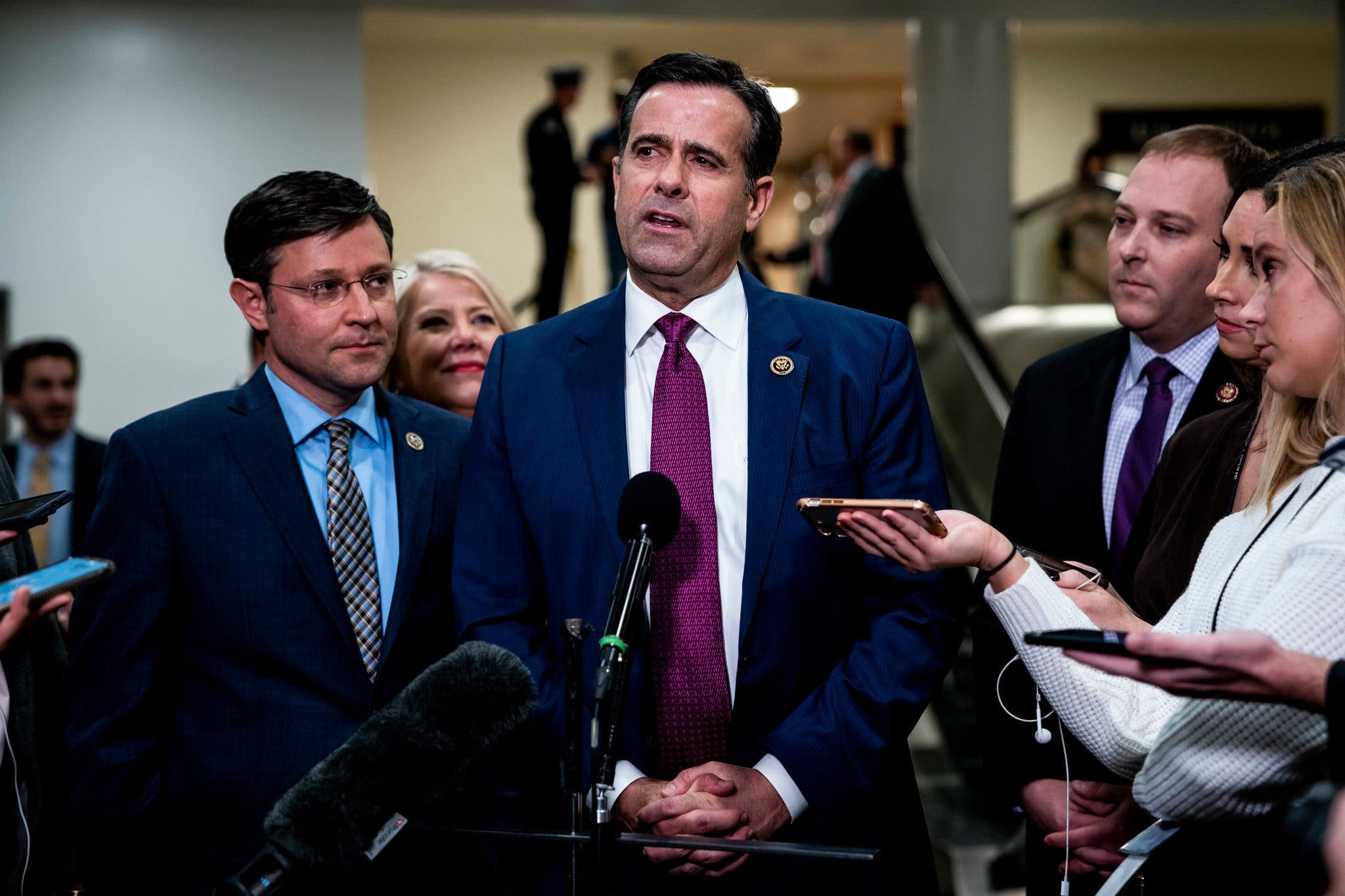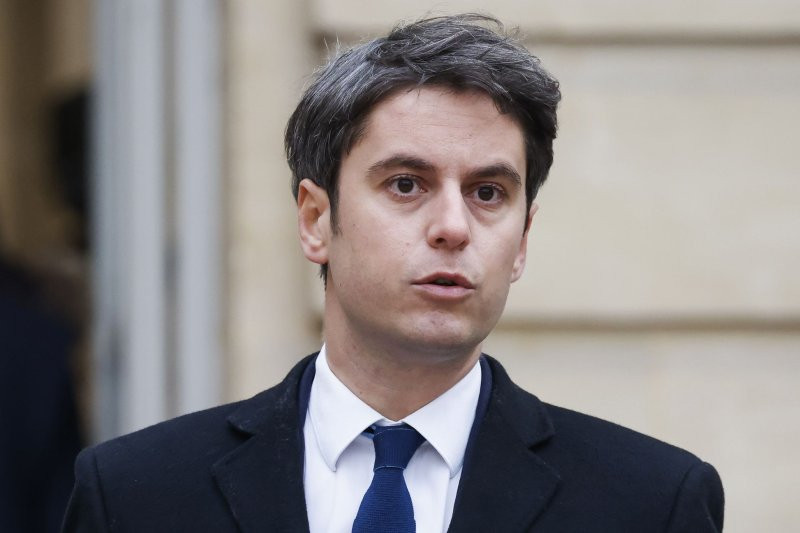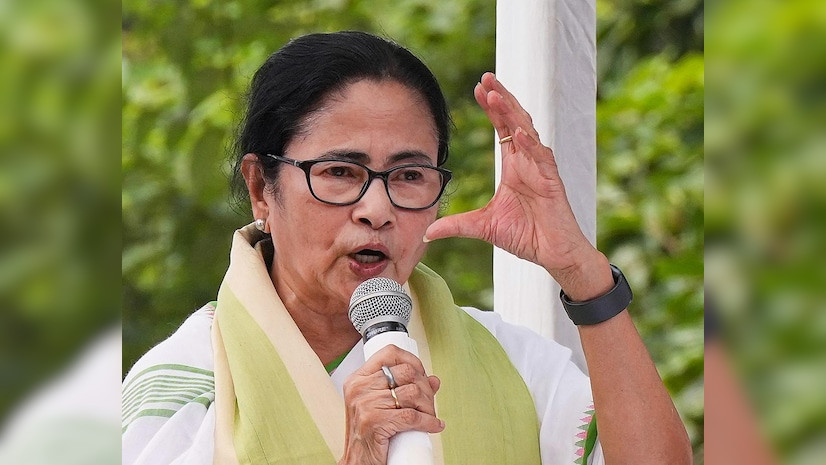President-elect Donald Trump announced Tuesday that he has chosen John Ratcliffe to serve as his CIA director. The appointment has been met with mixed reactions, with some praising Ratcliffe's experience and loyalty, while others express concerns about his past actions and potential conflicts of interest.
Ratcliffe, a former representative from Texas, served as the director of national intelligence from 2020 to 2021 during Trump’s first term – and his appointment served as a key argument for critics who believed that Trump was using the intelligence community to serve his political needs. During his tenure as spy chief, Ratcliffe publicly released unverified information about Russia’s influence in the 2016 presidential election over the objection of members of the intelligence community. Critics claimed at the time that Ratcliffe was using intelligence to help Trump politically as the 2020 presidential election approached.
Trump initially picked Ratcliffe to be director of national intelligence in 2019, but the Texas conservative withdrew after questions emerged about exaggerations to his national security resume and his partisan record. Trump re-nominated him in 2020 after Ratcliffe emerged as a key defender of the president during the House’s first impeachment proceedings. The Senate later voted 49-44 along party lines to confirm him.
Ratcliffe stayed in the role during the 2020 election and presidential transition, during which he personally told Trump and his allies that there was no evidence of foreign election interference or widespread fraud. Years later, he was forced to testify about the experience to a federal grand jury as part of special counsel Jack Smith’s criminal probe into the aftermath of the 2020 election.
Trump touted Ratcliffe’s loyalty Tuesday, saying in his announcement:“From exposing fake Russian collusion to be a Clinton campaign operation, to catching the FBI’s abuse of Civil Liberties at the FISA Court, John Ratcliffe has always been a warrior for Truth and Honesty with the American Public.”
Ratcliffe's appointment has been met with criticism from some who see it as a continuation of Trump's efforts to politicize the intelligence community. They point to Ratcliffe's past actions, such as his release of unverified information about Russia's interference in the 2016 election, as evidence of his willingness to use intelligence for political purposes. Some also question his qualifications, pointing to the fact that he withdrew from his initial nomination as director of national intelligence in 2019 after questions emerged about exaggerations on his resume.
Despite the criticism, Trump has defended Ratcliffe's appointment, calling him a “warrior for Truth and Honesty” and praising his loyalty. It remains to be seen how Ratcliffe will perform as CIA director and whether he will be able to maintain the agency's independence from political influence.
Ratcliffe's Background and Past Actions
Ratcliffe's past actions as director of national intelligence have been a source of controversy, with some critics accusing him of politicizing the intelligence community. During his tenure, he publicly released unverified information about Russia's influence in the 2016 presidential election, a move that was seen by some as an attempt to undermine the intelligence community's findings and to support Trump's claims of Russian collusion. Ratcliffe's critics also point to his involvement in the House’s first impeachment proceedings against Trump, in which he emerged as a key defender of the president.
Ratcliffe's Involvement in the 2020 Election
In the lead-up to the 2020 election, Ratcliffe was also accused of using intelligence to help Trump politically. Critics claimed that he was trying to downplay the threat of foreign interference in the election, even as the intelligence community was warning of ongoing Russian efforts to influence the outcome. Ratcliffe's critics also point to his role in the presidential transition, during which he personally told Trump and his allies that there was no evidence of foreign election interference or widespread fraud.
Ratcliffe's Relationship with Trump
Ratcliffe's close relationship with Trump has also been a source of concern for some observers. They argue that his loyalty to the president could make him more likely to act in a way that benefits Trump, even if it means compromising the integrity of the intelligence community. Ratcliffe's critics also point to his involvement in Trump's efforts to overturn the results of the 2020 election, which included his testimony to a federal grand jury as part of special counsel Jack Smith's criminal probe into the aftermath of the election.
Ratcliffe's Loyalty and Potential Conflicts of Interest
Ratcliffe's appointment as CIA director has raised concerns about potential conflicts of interest, given his past actions and his close relationship with Trump. Some experts worry that Ratcliffe could use his position to advance Trump's political agenda, potentially putting the CIA's independence at risk. Others argue that Ratcliffe's experience and his commitment to national security make him well-suited for the role, and that he will be able to maintain the CIA's integrity.
The Future of the CIA
Ratcliffe's appointment as CIA director marks a new chapter in the agency's history. It remains to be seen how he will perform in the role and how his appointment will impact the agency's independence and its ability to fulfill its mission. Some observers are hopeful that Ratcliffe will be able to restore the CIA's credibility and reputation, while others are concerned that he will continue to politicize the agency. Only time will tell how Ratcliffe's appointment will shape the future of the CIA.
Ratcliffe's Leadership and the CIA's Independence
Ratcliffe's leadership will be closely watched by both supporters and critics of the agency. Some experts believe that he could be a strong leader for the CIA, bringing a new perspective and a commitment to national security. Others are concerned that his close ties to Trump and his past actions could put the CIA's independence at risk. Only time will tell how Ratcliffe will balance the agency's need for independence with the demands of the president and his administration.


















